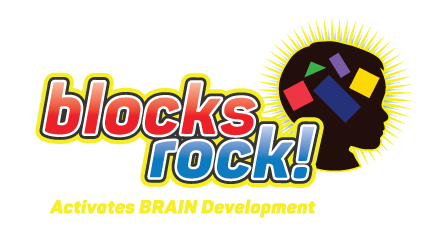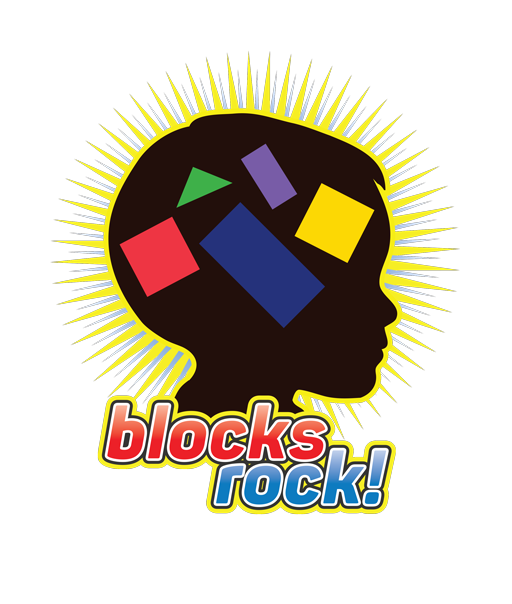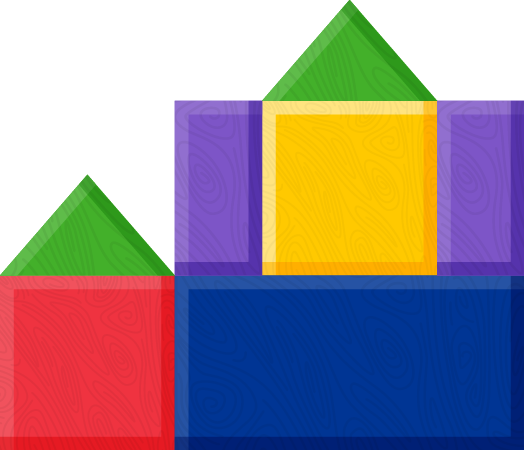News
2018 Fall STEM Education News Roundup
Read through five current articles that will excite you about the current state of STEM learning and give you a glimpse of its future!
Welcome to the fall edition of our 2018 STEM Education News Roundup! Because our game activates brain development and improves skills critical for STEM learning, the Blocks Rock team is always keeping watch for the latest STEM news.
We’ve pulled together 5 recent STEM articles that we hope inspire you to be excited about the future of STEM learning! Read until the end to learn more about a bonus research article about Blocks Rock!
STEM Education Has a Math Anxiety Problem
Gina Picha, a writer for Education Week and an elementary instructional coach, discusses problems with integrating “unproductive math practices” into elementary schools and the anxiety that children face about mathematics, beginning as early as 5 years old.
Standout Quote: "Our students cannot enter into STEM majors if they have a fear of mathematics. Even students with an interest in a STEM major often drop out because of a lack of ability or confidence with mathematics.” - University of Chicago researchers Sian L. Beilock and Erin A. Maloney.
Click here to read this article.
Fostering inquiry and creativity in early years STEM education: policy recommendations from the Creative Little Scientists Project
By: Stylianidou, F., Glauert, E., Rossis, D., Compton, A., Cremin, T., Craft, A. and Havu-Nuutinen, S. (2018).
Creative Little Scientists was a 30-month research project whose goal was to add to previous reports about science and mathematics education by focusing on early science and math education along with “seeking to characterise and investigate opportunities for creativity in learning and teaching.”
You can read the conclusions they come to on page 9 of the study. Some suggestions include “Give greater recognition to young children’s capabilities to engage with processes associated with evaluation as well as the generation of ideas in science and mathematics,” and, “Foster the role of social...dimensions of learning and their connection with cognitive dimensions of learning…”
Standout Quote: "Curriculum content and policy guidance should:...3. Emphasise the important roles of play-based approaches, child-initiated activity and practical investigation in both preschool and early primary school.”
Click here to read this article.
Around the World, Girls Still Face Challenges in STEM Education
By Sintia Radu, Staff Writer
Providing a complete education for girls and women worldwide remains a challenge, experts say. Joann DiGennaro, co-founder and president of the Center for Excellence in Education, talks to U.S. News about the challenges in education for girls, and which countries are providing useful positive examples.
Standout Quote: "I think the major challenges have remained the same ones for many years: How do you provide opportunities for students from underrepresented populations and broaden that pipeline, particularly in STEM, where many rural and urban teachers have difficulties in even providing the laboratory equipment and laboratory experiments?”
Click here to read this article.
Supporting Parents to Support Science
By Breniel Lemley, Claire Christensen, and Cindy Hoisington
A survey of 1,400 parents and caregivers found that there’s “a need for families to support STEM learning at home, in schools, and in informal learning space.” Find out more about this study, What Parents Talk About When They Talk About Learning: A National Survey About Young Children and Science, and how educators can convey the importance of science to families.
Standout Quote: “Seven of 10 parents said that knowing what young children need to learn about science and having ideas for engaging in science with everyday materials would help them do a lot more science.”
Click here to read this article.
STEM Outcomes for English Language Learners Fail to Meet Expectations
By Sara Friedman
A consensus study by the National Academies of Sciences, Engineering and Medicine found that “English language learners are falling behind when it comes to STEM education”. The study also found that for science and math, English learners lack opportunities to engage with STEM content. Learn more about the study’s recommendations for school districts and policymakers by reading the article.
Standout Quote: "The report also found only a few states have systemic policies or programs to help teachers with their professional development in STEM related to English learners.”
Click here to read this article.
Bonus: The Effect of Block Building on Mental Rotation Ability
Did you know that Blocks Rock! was studied by the Indiana University Department of Psychological & Brain Sciences? It’s true! They found that “structured block-building games improve spatial abilities in children to a greater degree than board games”. Students with higher spatial reasoning abilities will then have a higher likelihood of furthering their education and careers in STEM.
Standout Quote: "This study corroborates with past research that structured block play needs to be a part of the young student’s classroom experience.”


